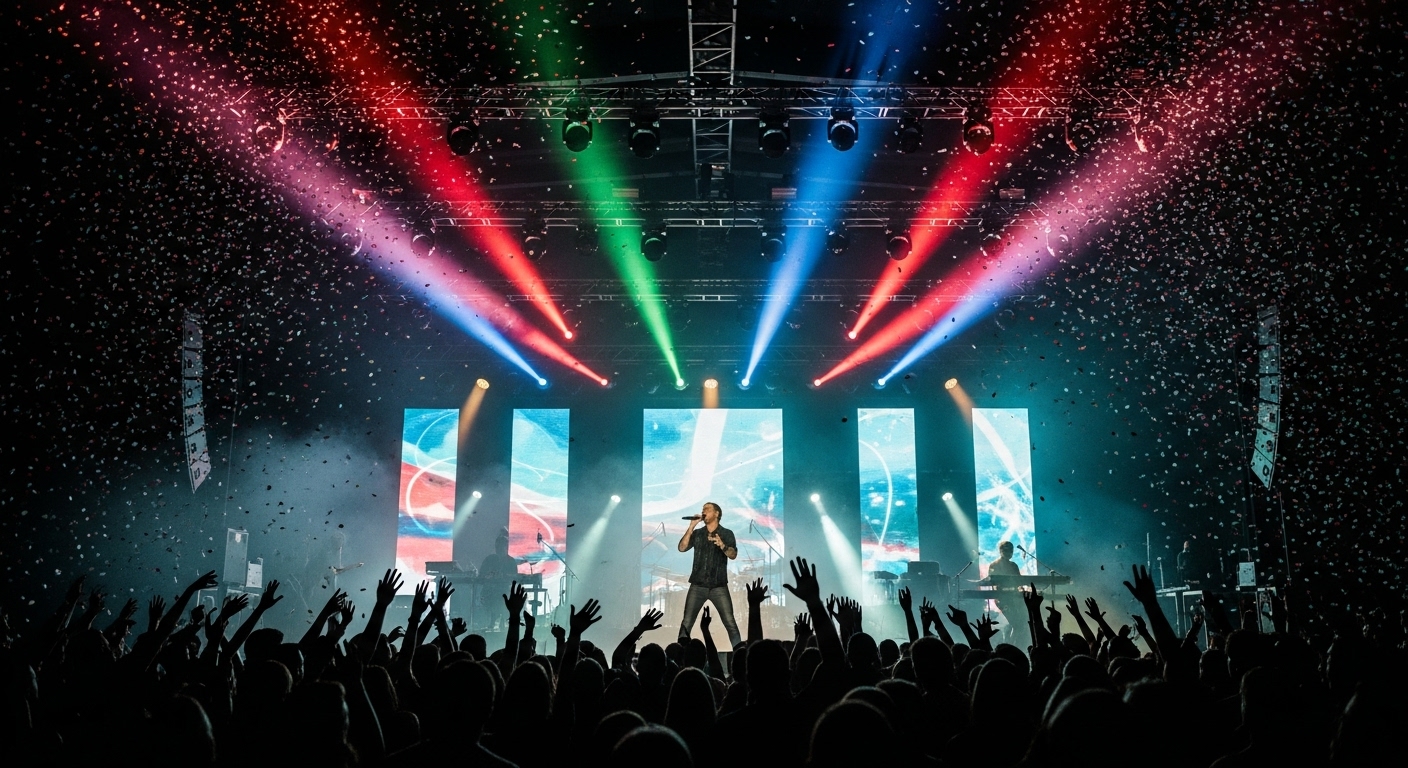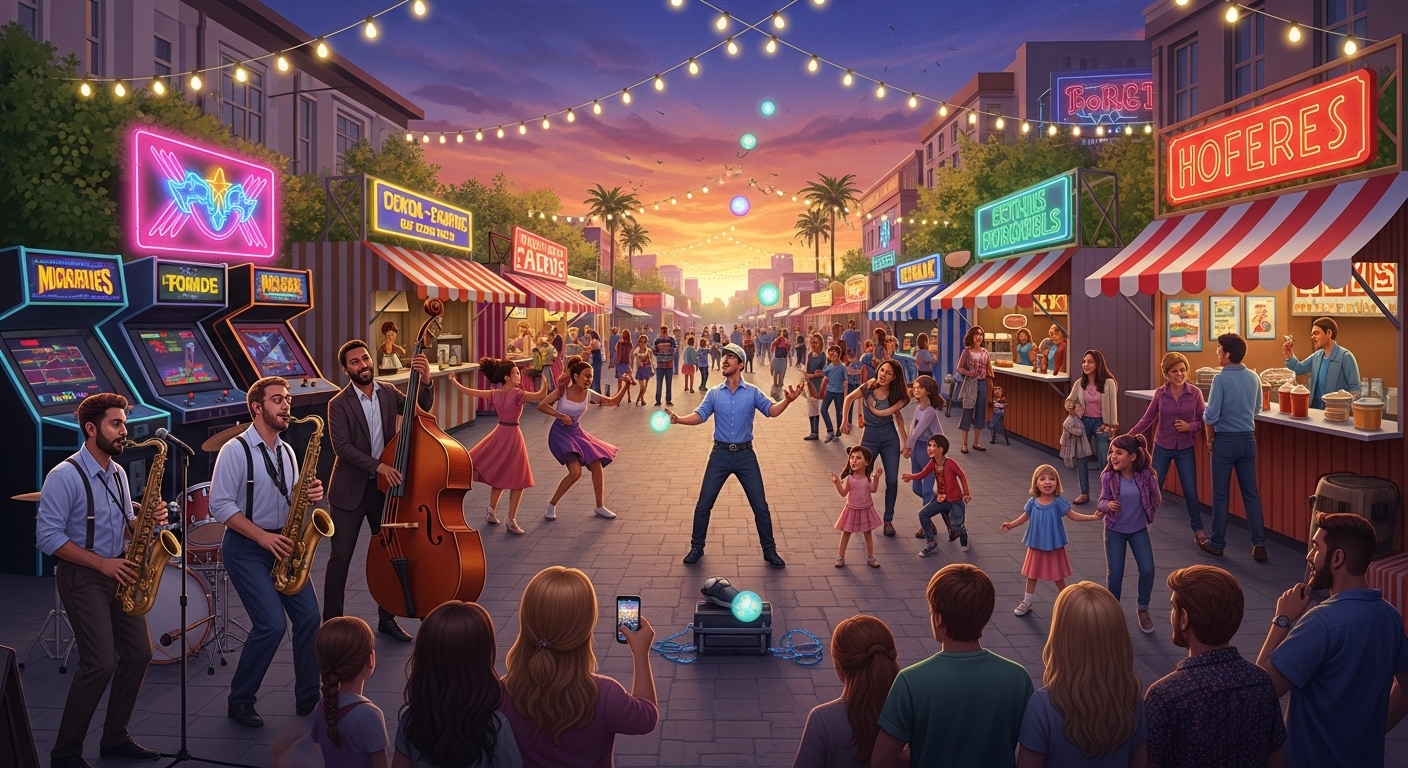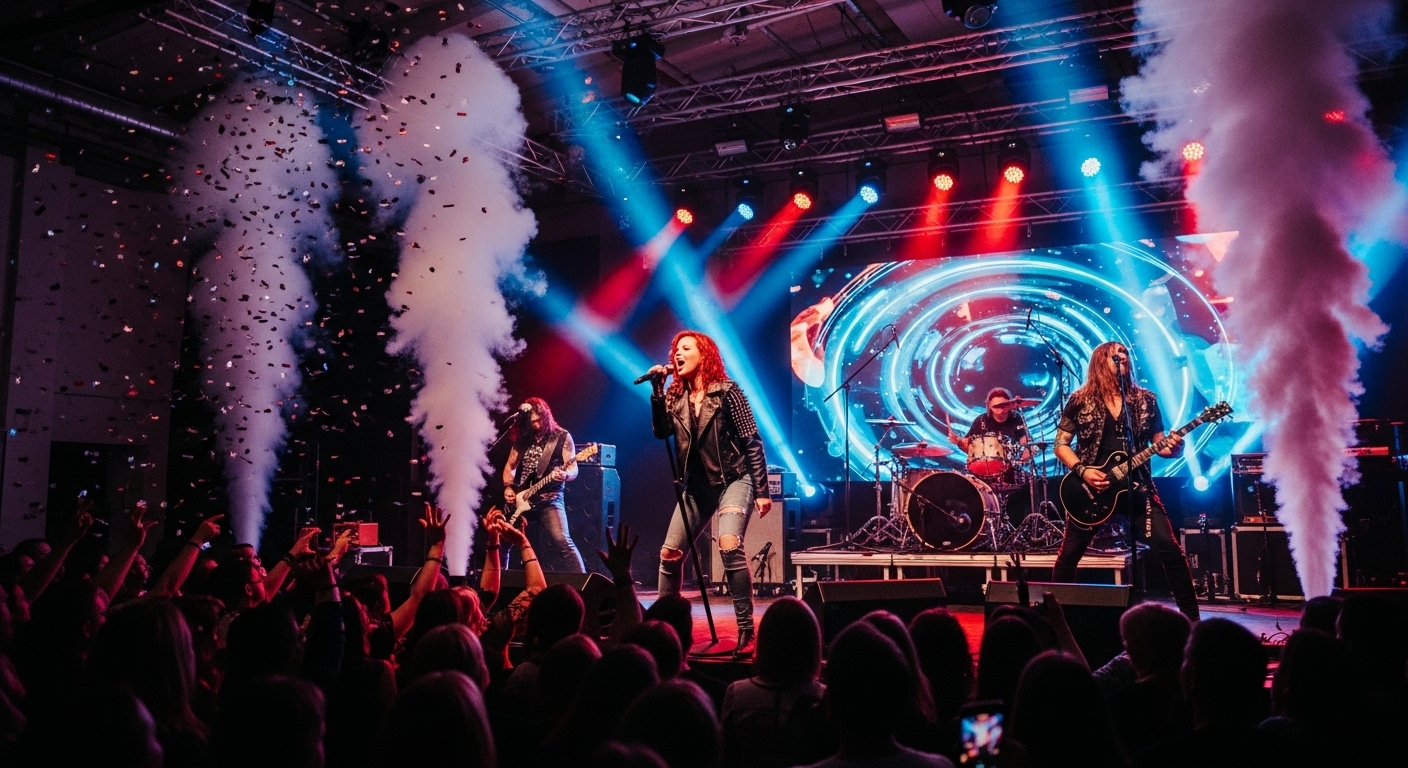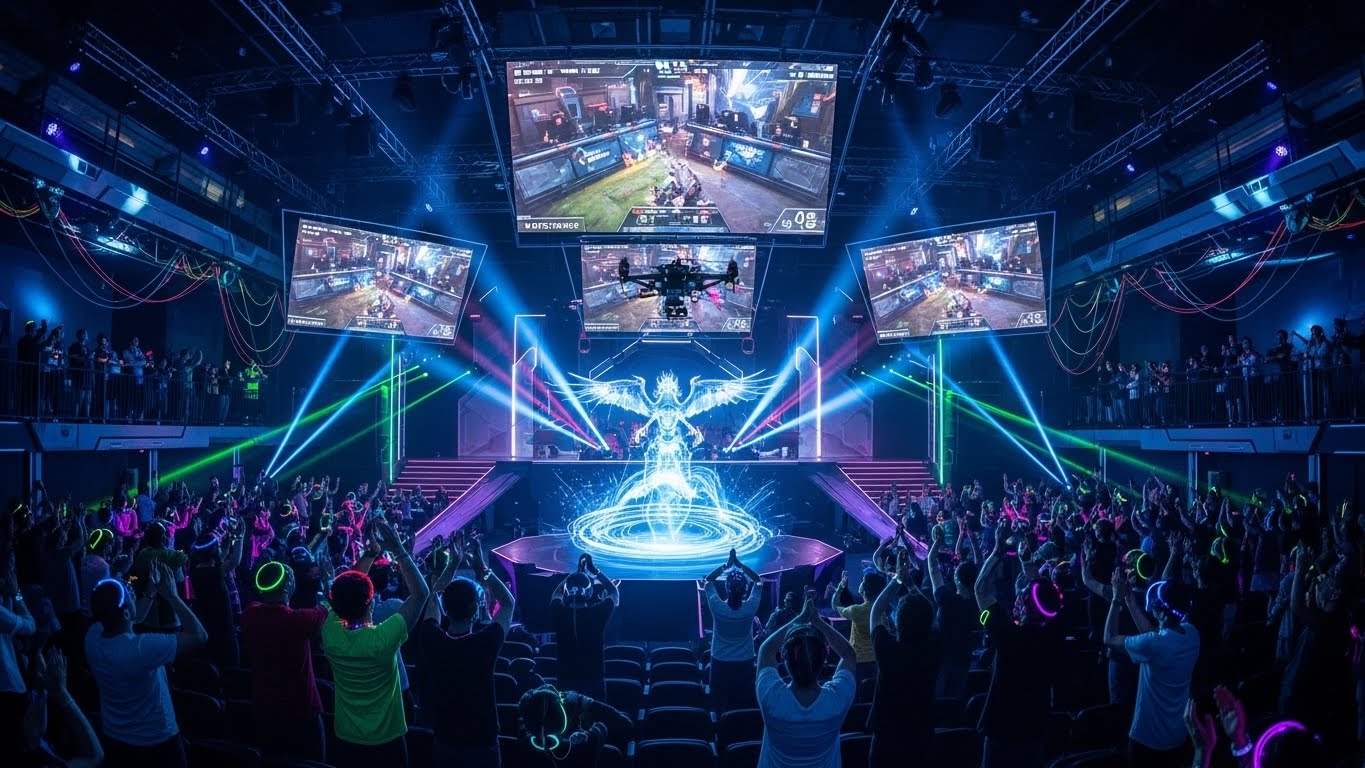The World of Entertainment: A Journey Through Creativity, Culture, and Joy
Entertainment is one of the most powerful forces shaping our lives. It is more than movies, music, or games—it is a reflection of human creativity, a mirror of culture, and a universal language that brings people together. From ancient times to the digital age, entertainment has evolved dramatically, creating countless ways to make people laugh, cry, dream, and escape from the challenges of everyday life.
This blog explores the fascinating world of entertainment in detail. We will look at its history, forms, cultural impact, modern trends, and the future of this ever-changing industry.
The Meaning of Entertainment
At its core, entertainment refers to activities that give people amusement, pleasure, or enjoyment. It can be as simple as listening to a story around a fire, or as grand as a spectacular film premiere. Unlike work or routine tasks, entertainment serves the purpose of refreshing the mind, stimulating emotions, and bringing joy.
It is also deeply personal—what entertains one person might bore another. Some find comfort in music, others in reading novels, while many enjoy high-energy concerts, comedy shows, or interactive games. This diversity makes entertainment one of the most inclusive and dynamic aspects of human society.
A Historical Look at Entertainment
Ancient Roots
Entertainment has existed for as long as humanity itself. In prehistoric times, people entertained themselves through storytelling, cave paintings, music created from basic instruments, and dance. These activities were not just for fun but often carried cultural, religious, and educational meanings.
The Rise of Theater
In ancient Greece, entertainment became more organized with the birth of theater. Tragedies and comedies were performed for large audiences, often as part of religious festivals. Rome took this further with gladiatorial games, chariot races, and massive arenas like the Colosseum, which became symbols of spectacle.
Entertainment in the Middle Ages
During medieval times, entertainment included jousts, fairs, puppet shows, and performances by traveling entertainers. Storytelling was especially popular, with epic tales like those of King Arthur or Robin Hood inspiring generations.
The Birth of Modern Entertainment
The invention of the printing press in the 15th century brought books and stories to the masses, changing the way people consumed entertainment. Centuries later, the 19th and 20th centuries introduced cinema, recorded music, radio, and television, revolutionizing entertainment forever.
Different Forms of Entertainment
Music
Music is one of the oldest and most universal forms of entertainment. It connects people emotionally, transcends language barriers, and influences culture. From classical symphonies to pop hits, music has the power to evoke feelings of joy, sadness, excitement, and nostalgia.
Film and Television
Cinema transformed entertainment in the 20th century. Movies became an art form as well as a global business. Television followed, bringing stories into homes and creating shared experiences. Today, streaming platforms have taken this to the next level, offering on-demand access to movies and shows from around the world.
Theater and Performing Arts
Theater remains a timeless form of entertainment, showcasing live performances ranging from dramas to musicals. Dance and opera also belong to this category, offering a blend of storytelling, artistry, and cultural expression.
Sports and Games
Sports are not only physical activities but also a global source of entertainment. Whether it is football, cricket, basketball, or the Olympics, sports events bring people together, inspire passion, and create unforgettable moments. Video games have added another layer, giving players interactive entertainment that combines competition and creativity.
Literature
Books, novels, and poetry provide mental stimulation and emotional journeys. From fantasy worlds to thought-provoking dramas, literature continues to inspire films, plays, and even video games.
Comedy
Laughter is one of the best forms of entertainment. Stand-up comedy, sitcoms, and humorous content online show how humor helps people cope with stress and connect with each other.
The Social and Cultural Impact of Entertainment
Entertainment is more than amusement—it shapes identities, reflects societies, and influences generations.
- Cultural Reflection: Movies, music, and literature often mirror the values, struggles, and dreams of a society.
- Unity: Major events such as sports tournaments, concerts, or blockbuster films create shared cultural experiences.
- Awareness: Entertainment also educates and spreads awareness about social issues, from films addressing climate change to songs promoting unity and peace.
- Identity: Genres of music, styles of fashion, or fan communities often become part of people’s identities.
The Business of Entertainment
Entertainment is also a multibillion-dollar industry. Hollywood, Bollywood, the global music industry, gaming, and streaming platforms drive massive revenues each year. This business side includes actors, directors, musicians, athletes, writers, producers, advertisers, and countless professionals working behind the scenes.
The growth of digital media has expanded opportunities, allowing independent creators to reach global audiences through platforms like podcasts, social media, and streaming services.
Technology and Entertainment
Technology has transformed entertainment in ways that were unimaginable just decades ago.
- Streaming: Services allow people to watch shows and movies anytime, anywhere.
- Virtual Reality (VR): VR immerses audiences into entirely new worlds.
- Gaming Innovations: Online gaming, esports, and interactive experiences are redefining competition.
- Social Media: Platforms like TikTok, Instagram, and YouTube make everyday people entertainers with global reach.
- Artificial Intelligence: AI is now shaping music production, storytelling, and personalized content delivery.
Challenges in Entertainment
While entertainment brings joy, it also faces challenges:
- Over-commercialization: Sometimes the focus shifts more toward profits than creativity.
- Piracy: Illegal distribution harms artists and industries.
- Mental Health: Fame and constant public attention can take a toll on entertainers.
- Cultural Sensitivity: With global reach, creators must balance artistic freedom with respect for diverse cultures.
The Future of Entertainment
The future promises even more exciting developments. Augmented reality, AI-driven creativity, and holographic performances are already being tested. The blending of physical and digital entertainment will create new experiences we cannot yet imagine.
At the same time, storytelling will remain central. Whether through films, games, or music, the human desire to tell and hear stories will ensure entertainment never loses its soul.
Why Entertainment Matters in Our Lives
Entertainment is not just a luxury—it is essential for human well-being. It provides:
- Relaxation: After long days, entertainment refreshes the mind.
- Connection: Shared experiences strengthen bonds with family, friends, and communities.
- Inspiration: Art and performances often motivate people to dream bigger.
- Escapism: Stories and music give people a way to step away from reality temporarily.
- Creativity: Entertainment sparks imagination and encourages people to create their own art.
Conclusion
Entertainment is woven into the fabric of human life. It has traveled with us from the caves of early humans to the high-tech stages of today. It entertains, teaches, inspires, and connects us in ways that nothing else can.
From ancient storytelling to futuristic virtual reality, the journey of entertainment reflects humanity’s endless creativity. As the industry grows and technology evolves, entertainment will continue to adapt—but its purpose will always remain the same: to bring joy, meaning, and togetherness into our lives.



